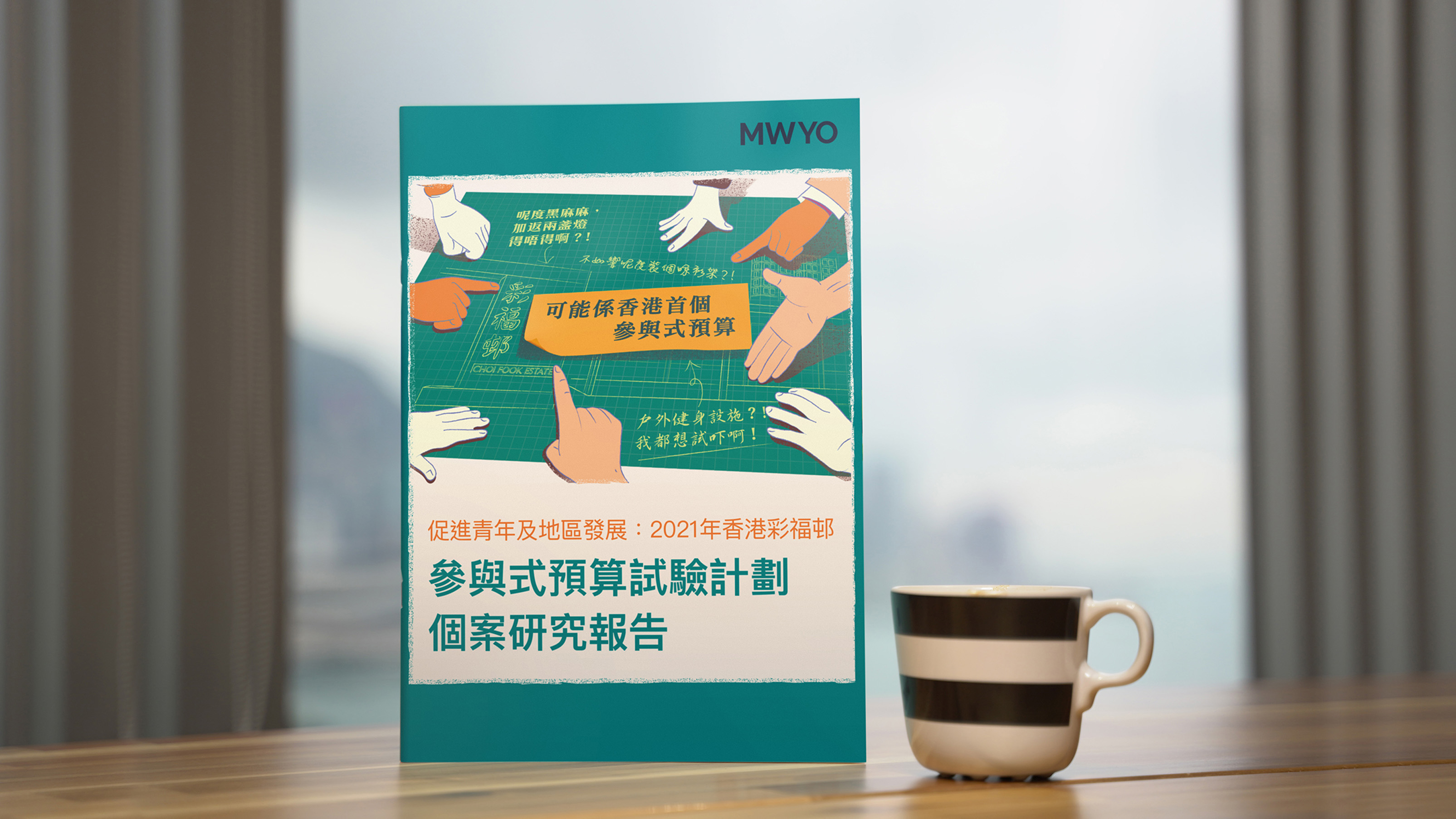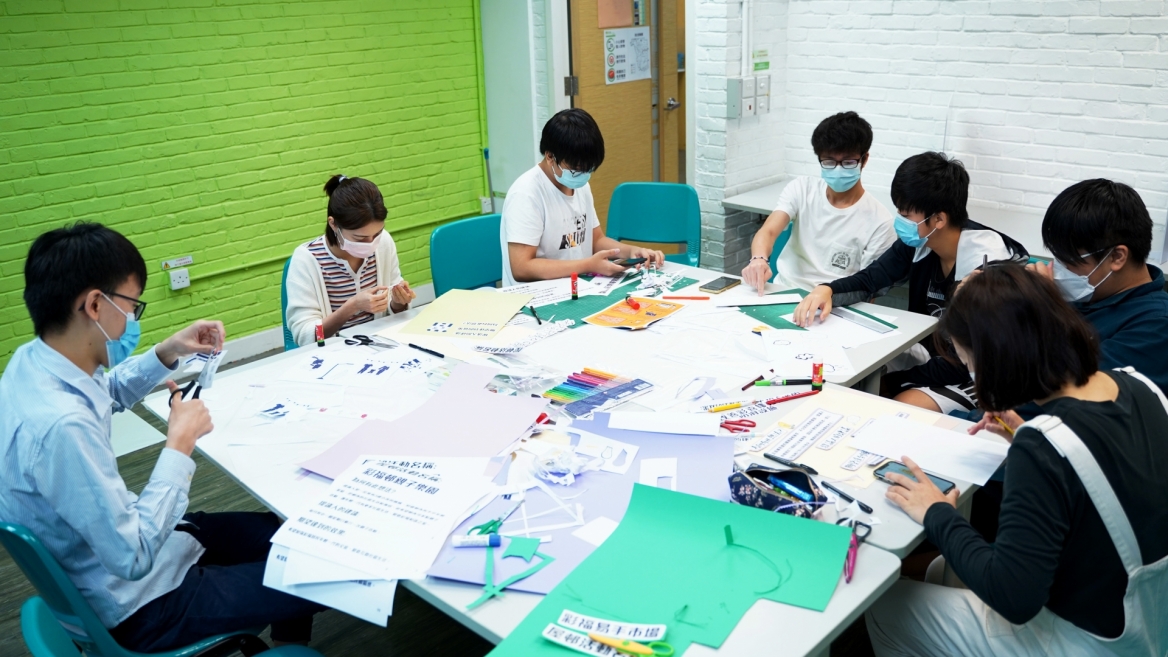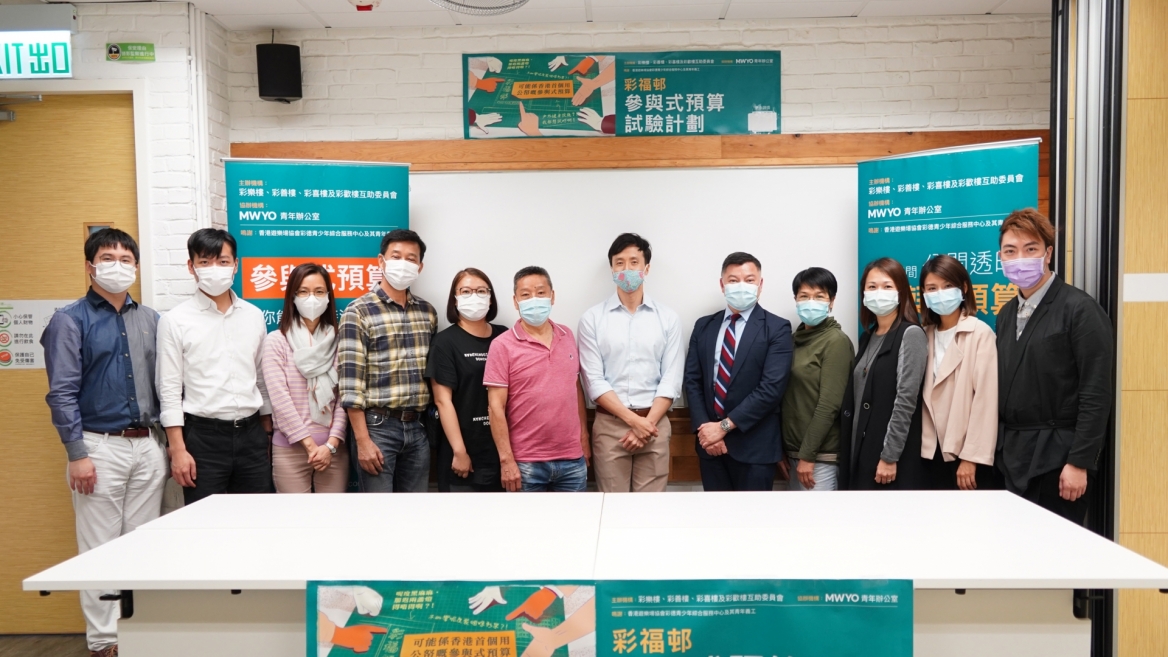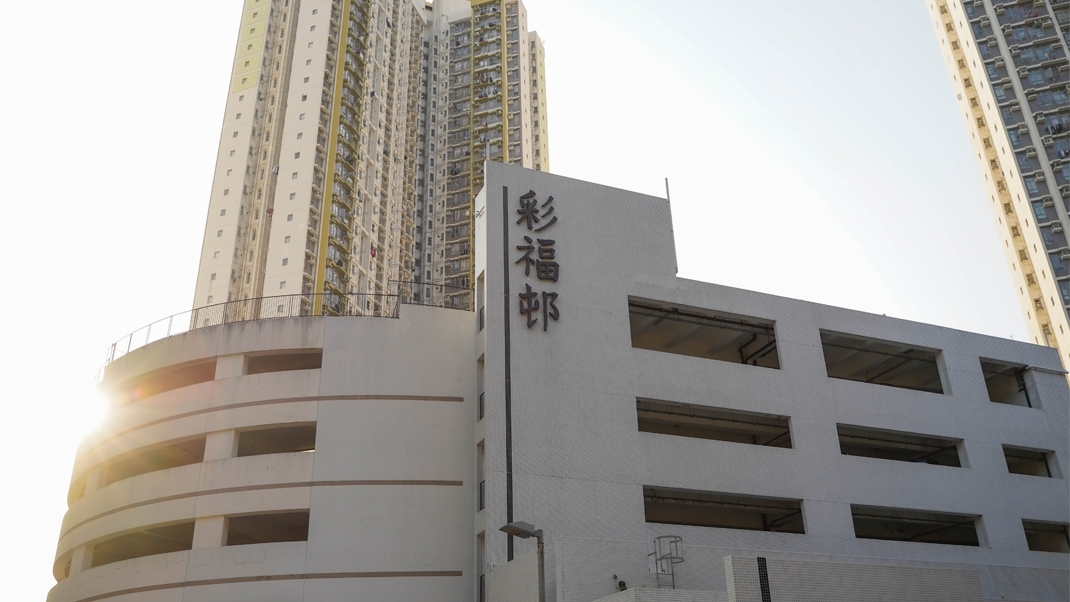21 OCT, 2021
The Study of Participatory Budgeting Experiment at Choi Fook Estate
Written by : Alan Kwok

In the first quarter of 2021, MWYO piloted a Participatory Budgeting scheme in Choi Fook Estate, taking a bottom-up approach for residents to make decisions on the public budget of their local community.
Our research found that the Participatory Budgeting Experiment (the Experiment) brought the following benefits:
|
Stakeholders |
Benefits |
|
District Administration Departments |
|
|
Participating Residents |
|
|
Youth Volunteers |
|
7 Key Success Factors for Participatory Budgeting
In addition to analysing the potential benefits of participatory budgeting, the Experiment also concluded that there are 7 key factors to a successful participatory budgeting experiment:
1. An institutional organising structure that is able to facilitate community participation and is relatively in tune with the situation and needs of the community
2. Sufficient financial resources to respond to residents’ suggestions; clear guidelines for residents
3. Capacity to improve public service provision
4. Open-mindedness on the part of the organiser, with a willingness to explore new ways of involving residents in the budgeting process
5. Respect for residents’ opinion and values their participation
6. Supporting partners that hold the same values and beliefs









